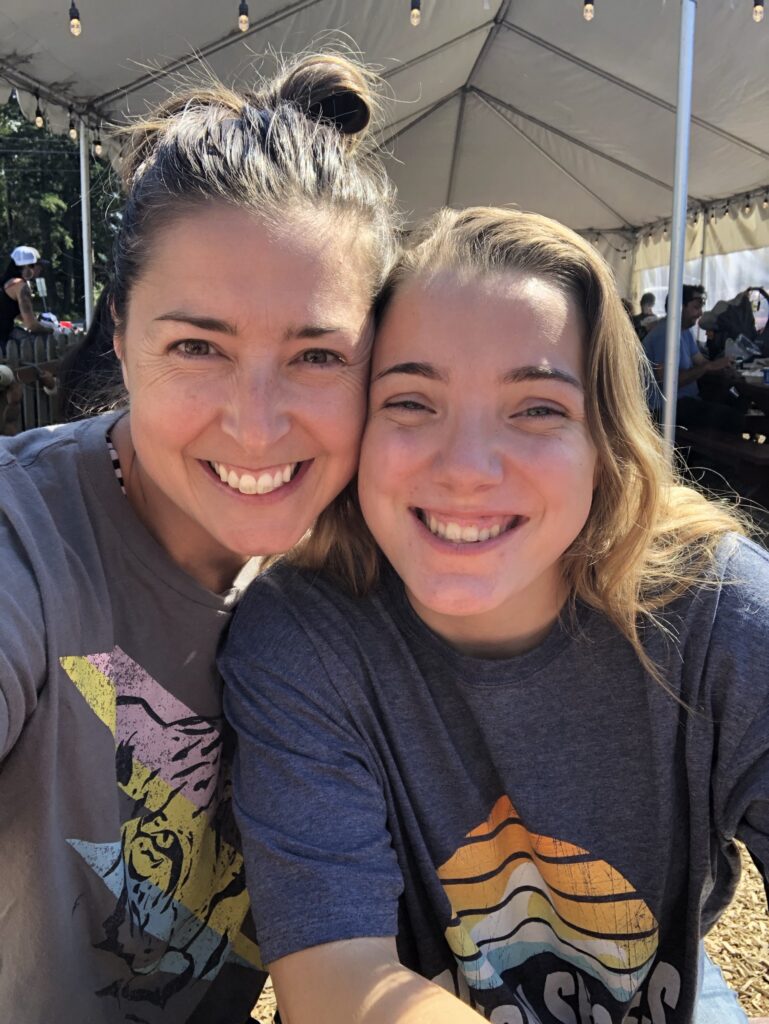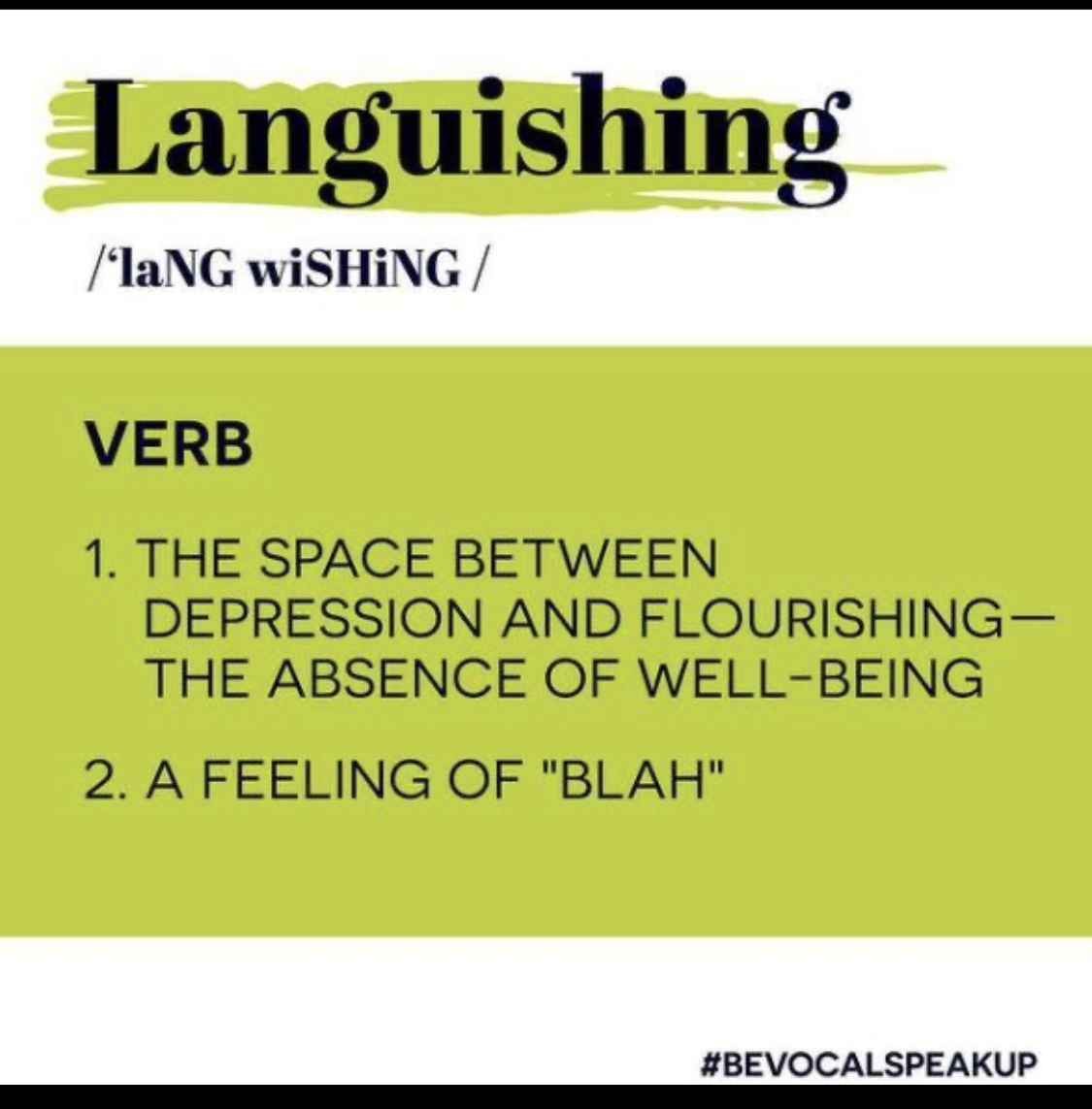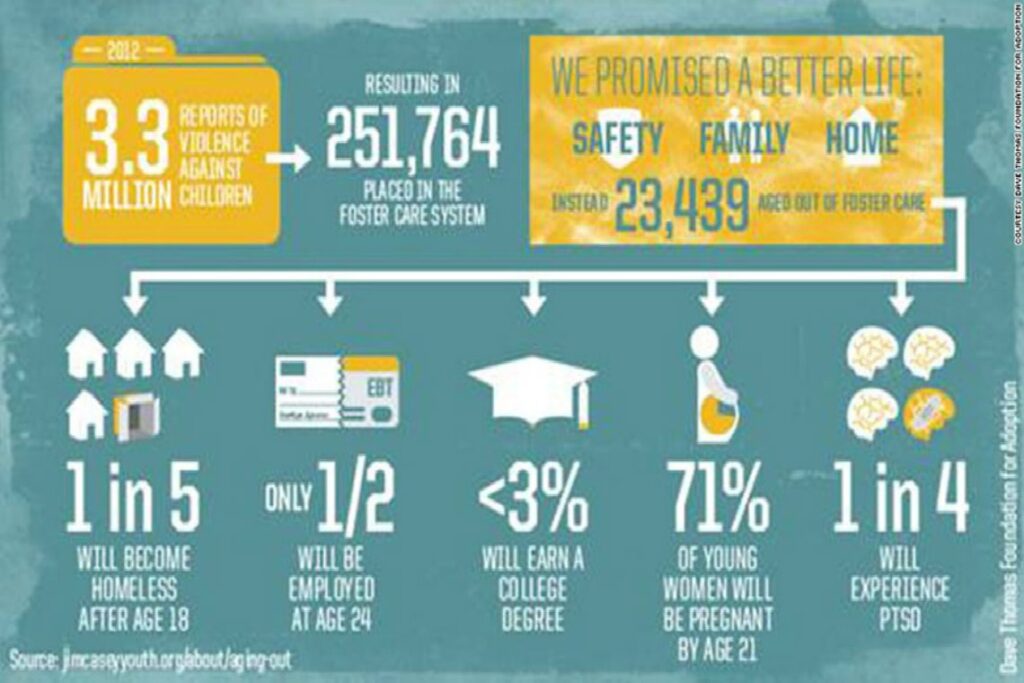I struggled with what to call the experience of WonderGIRL moving out of our house unexpectedly this last summer – although many writers talk about it as a transition (when your teen moves out or goes to college) defined as “the process or a period of changing from one state or condition to another”….that just didn’t fit this particular experience.
Our experience was much less of a process and ongoing period but a jump off a cliff into the anxiety-ridden unknown. And as we move forward, I am going to write about this experience just from my point of view and not sharing a lot of details about her or her choices during this time – and the reason I’m writing about it at all is to practice my own form of self-care and survival and my own processing of disenfranchised grief that happened during this time.
At the end of July, WG decided she was ready for adulthood outside of our home. While I am sure she was fully convinced she had the skills necessary to do so at the time, I knew a different story but had no control one way or the other. In Brene Brown’s newest book (must-read BTW), she writes, “as it turns out, being able to see what’s coming doesn’t make it any less painful when it arrives.” Because the thing is, we PREPARED for this transition. We were talking about her adulthood with her therapist starting at the age of 16! We purchased a house to transition into a downstairs apartment for her. We had countless conversations spelling out (and acting out awkwardly) every hard thing she might encounter and how her emotions might react to front load her body’s reaction. We provided all the safety and the protection and the structure that all the books said we should.

And I’m pretty sure the hurt and the grief was the same amount as folks that literally didn’t even see the cliff looming ahead. After she left, we tried to set up regular meeting times – they all fell through. After she left, I tried to text and remind her of our unconditional love – they weren’t returned. After she left, I checked my phone obsessively just for a sign that she was still alive or hadn’t ended up at the ER for suicidal thoughts. I felt twinges of hope when she sounded lucid and genuine and then waves of despair when I encountered the shell of a daughter I had raised for the last 7 years.
I truly felt like a failure – I did all the things that I knew how to do from countless trainings on the effects of trauma. I did all the things I thought I should do as a foster/adoptive mama. I advocated for her in all the ways I knew how to – and it still ended like this and her choices were that of any other kiddo aging out of foster care (I’ll share those devastating stats below) – so what was all the heartache, the criminal trial, the social workers, the allegations, the painful moments even for?!?!
This feeling (not her or her actions, just MY bodily response) sent me into a state of depression for quite a few months this Summer/Fall. People even reached out to me with typical requests to share my blog or talk to their friends about adopting or taking in teens with trauma and I told them I was the wrong person to ask – I would have told them to run the other way!!!!

I went to work and to volleyball and sometimes thought of nothing else besides returning to my bed and Netflix the second I could. I found small pockets of joy (especially during volleyball) that kept me going but was having a hard time. I found this image while scrolling social media and it resonated with me for that time period – like I’m going to work and outwardly showing signs of flourishing, but definitely ALSO in a period of depression.
And just in case someone you know is in a similar state, I thought I would share a little section titled “What helped me during this time period?”
– my husband and WB understanding my grief and letting me be
– check ins with our therapist
– vocalizing my struggle to my colleagues and my volleyball team
– adjusting my goals of movement and self-care to accurate standards (work out 1/week vs everyday for example)
– texts that just say “checking in” without any judgement if I don’t respond
– being clear with my boundaries (“I don’t want anyone to come in my room tonight”, “I can’t go to that family thing – you need to go without me.”)

Again, I am writing about this experience just to process it for myself but also to highlight a journey that I don’t see revealed in many other places. Having a struggling adult child with mental health issues is SO ISOLATING – you care about their privacy and dignity with their own story and can’t share the same as with a little child, yet folks really don’t know how to help or what to say even if you do share. So you spare them that experience and say nothing…..
As I am still smack-dab in the middle of this transition, other things I’d like to document here:
– what I learned (about myself, about young adults with her background, about our system)
– the impact on my marriage
